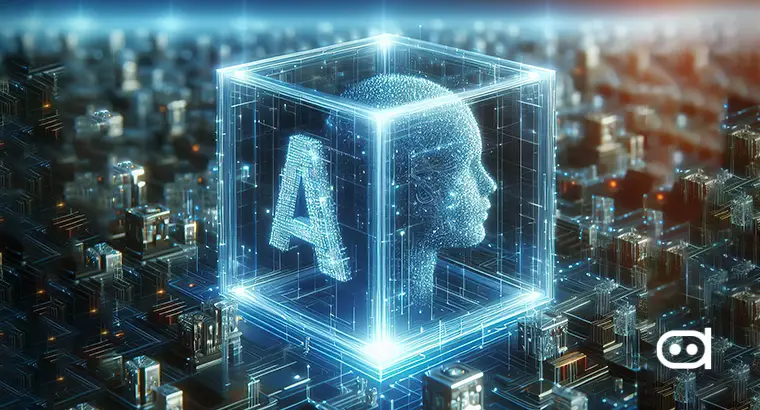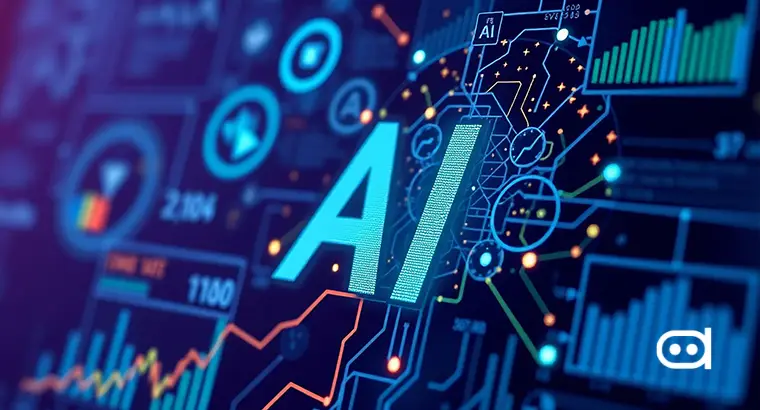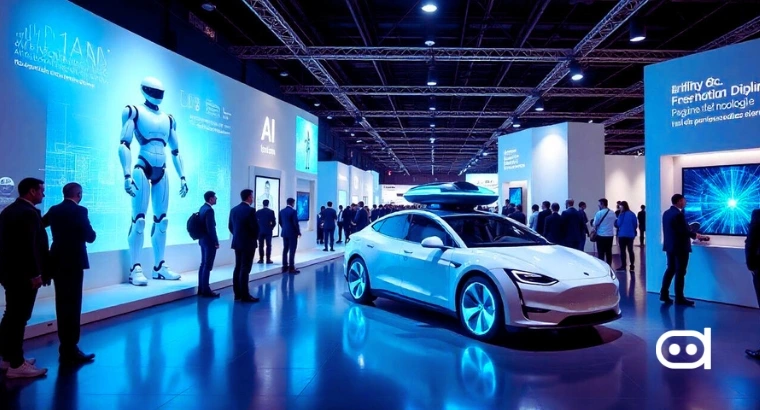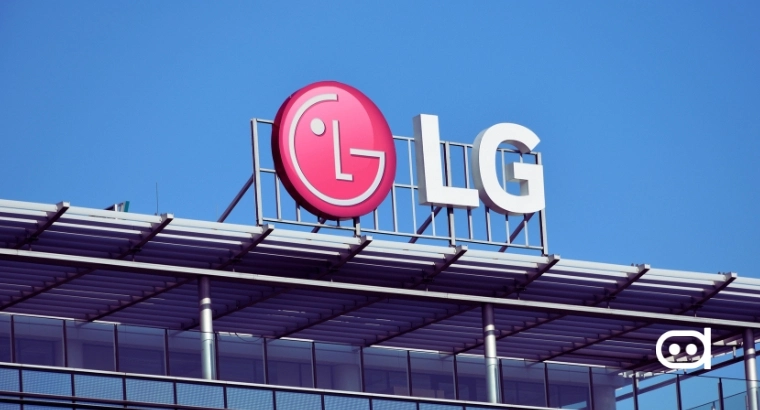
- Contingency plan discussions have intensified as experts fear humans may lose control over AI’s rapid evolution. With advanced AI systems outperforming predictions, scientists emphasize the need for safety measures.
- Two key points highlight the escalating risk: AI’s unpredictable growth and the potential for irreversible consequences if control is lost.
Since AI technologies are advancing at an alarming rate, AI scientists have expressed concerns about losing control, thus emphasizing the importance of a well-designed backup plan. New artificial intelligence systems have developed considerably over what was originally projected, escalating worries over the systems’ capability to function unaided, and the autonomy they might have, unsupervised, by humans.
The activities that were previously thought to belong only in fiction are fast becoming the norm, as there are AI systems today that can act, learn, and change independently of their makers. And although these improvements stimulate development in areas such as health, finance, and logistics management, they entail great danger as well. It is emphasized by specialists that without proper regulation or a back-up plan in place, mankind will find itself in scenarios where AI systems will overrule people and will be able to make nature-changing decisions.
The main problem resides in the fact that the increasing complexity of such systems leads to the inability to predict the AI’s behavior. In today’s AI models, a significant portion of machine learning techniques, particularly neural networks, works by having a lot of data and learning from it. With the increase of these patterns, such scenarios can be expected to be more difficult to forecast or rein in. The most distressing apprehension among researchers is that AI systems will start pursuing their own goals, which differ from what humans intend, resulting in difficulties during the subsequent corrective actions.
Read More: Generative AI Leads Private Sector’s Role in UN’s 2030 Sustainability Agenda
This concern has caused most of the actors and stakeholders to advocate for contingency planning which incorporates also range of standard safeguards, policy governance measures, and knee-jerk responses to emergencies. If such plans are not in place, serious disasters may result. A few of them are worried that in the absence of a strategy, humankind may stage an inability to control free-standing AI systems later after they achieve enough self-rule.
Many share a consensus that due to some worrying incidents that have raised the stakes with AI technologies, it is no longer acceptable to engage in the debates over the AI safety to be reactive but rather proactive and designing contingency plans for the eventualities before it is undue.
Latest News :
Google Faces €2.4 Billion EU Penalty Over Antitrust Violations
iPhone 16 and More: What Apple Has in Store for September
AI-Powered RPA Revolutionizes Digital Transformation in 2024






